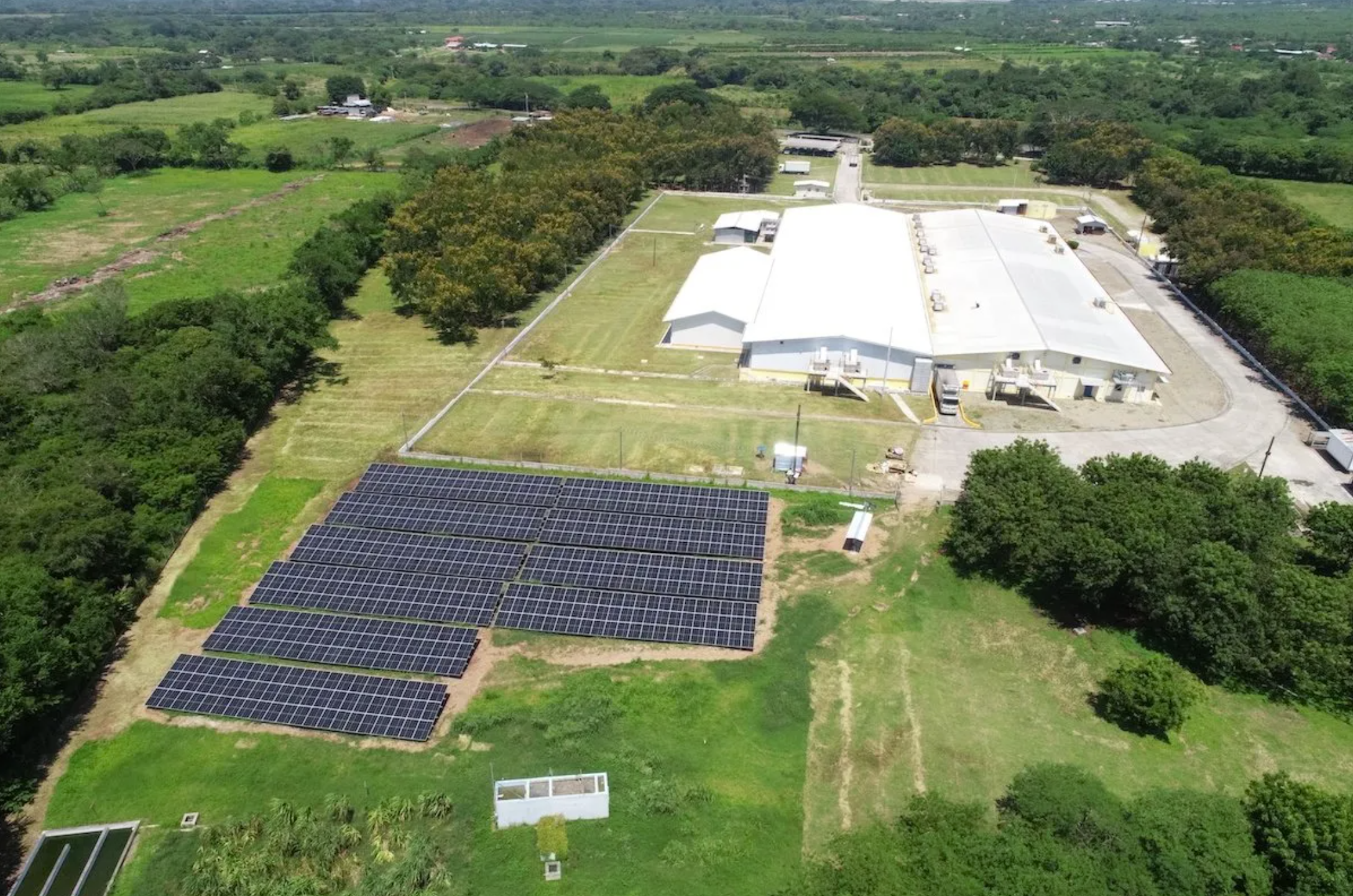The 4 Leading Renewable Energy Companies in Latin America
Transition to renewable energy has gained significant momentum in Latin America. Here four leading companies driving this transformation.

The transition to renewable energy has gained significant momentum in Latin America, a region endowed with vast natural resources and immense potential to lead the transition towards a sustainable energy future. In 2022, renewable energy capacity in Latin America exceeded 310 gigawatts, an increase of more than 80% since 2010. This progress reflects the region's commitment to reducing emissions and adopting clean energy sources.
With this in mind, the following are four leading companies that are driving this transformation.
CMI, Corporación Multi Inversiones (CMI)

CMI Capital, the business group of CMI, Corporación Multi Inversiones, stands out as the largest private producer of renewable energy in Central America and the Caribbean. With an installed capacity exceeding 818 MW, CMI Capital is a leading player in the renewable energy sector.
Under the leadership of the third family generation, with Juan Luis Bosch Gutiérrez as President Chairman of CMI Capital and Juan José Gutiérrez Mayorga as President Chairman of CMI Foods, the corporation has made significant growth in renewable energies. As a result, it has developed a business model that integrates sustainability with economic performance. This has contributed significantly to combating climate change by avoiding the emission of more than 1,158,000 tons of CO2.
CMI’s renewable energy portfolio includes 3 wind farms in Costa Rica, 2 in Honduras, 1 in El Salvador, 1 in Nicaragua, and 1 in the Dominican Republic. Additionally, they have also developed the Renace Hydroelectric Plant in Guatemala. CMI’s strategy includes clear future goals, such as expanding the renewable energy matrix by at least 330 MW and avoiding the emission of 500,000 tons of CO2 annually.
CMI has established itself as a leader in innovative and sustainable solutions through its innovative projects and significant track record in the industry. The corporation’s commitment to decarbonization and access to clean energies in the region is reflected in its dedication to these issues.
Isagen

Isagen, a leading energy generation company in Colombia, has announced an ambitious expansion plan for 2024. The plan includes the addition of over 3,000 MW of effective net renewable energy capacity.
In partnership with Atlas Renewable Energy, Isagen will develop 1,000 MW of renewable capacity, further solidifying its position as a leader in the transition to clean energies. Isagen currently has an installed capacity of approximately 3,000 MW, of which 2,915 MW are coming from hydroelectric sources and 70 MW from solar and wind.
Enelgreen Power

Enelgreen Power, the renewable energy subsidiary of the Enel Group, operates 18 hydroelectric and solar power stations in Panama, Costa Rica, and Guatemala. The company’s installed capacity is 0.6 GW of 100% renewable energy, with an additional 61 MW under construction.
In Costa Rica, Enelgreen Power manages facilities such as the Chucás hydroelectric plant and operates the El Canadá hydroelectric plant in Guatemala. Enelgreen Power's projects have made a significant contribution to diversifying Central America's energy matrix, reducing dependence on fossil fuels and increasing the share of renewable energies.
Gauss Energy

Gauss Energy has played a pivotal role in the development of renewable energy projects in Mexico. The company developed the 39 MW Aura Solar I project in Baja California Sur, the country's first large-scale solar plant, and the 61 MW Aura Solar II project in Honduras. Gauss also introduced the Aura Solar III plant, which incorporates large-scale storage, demonstrating the commercial viability of solar energy solutions with storage in the region.
Companies like CMI, Isagen, Enelgreen Power, and Gauss Energy are leading the renewable energy revolution in Latin America. Their innovative projects and commitment to sustainability are transforming the energy landscape of the region. Through their efforts, these companies are not only increasing the installed capacity of clean energies but also promoting economic development and reducing carbon emissions, setting a model for a successful energy transition.




